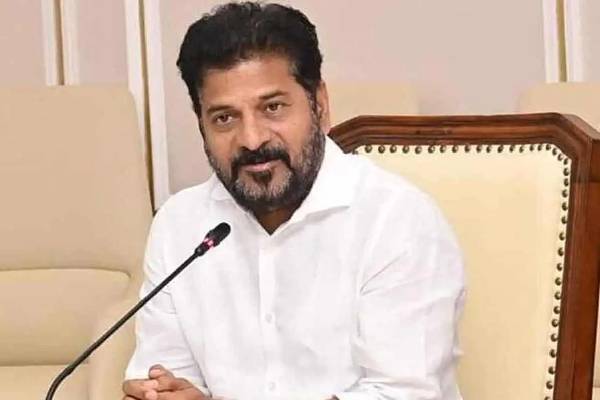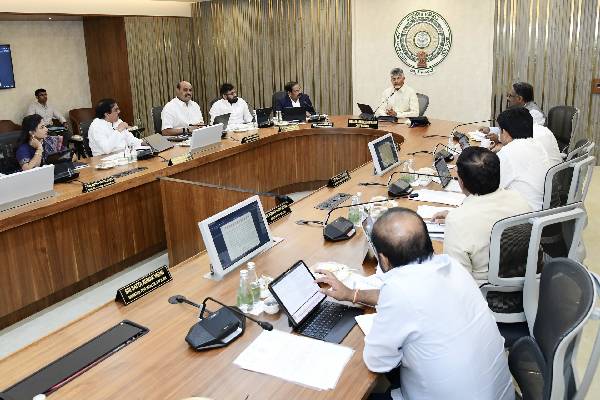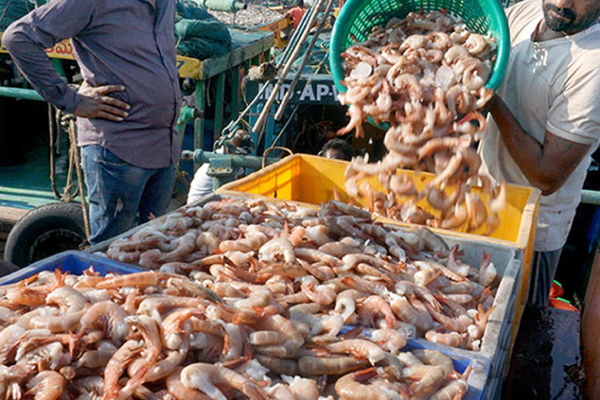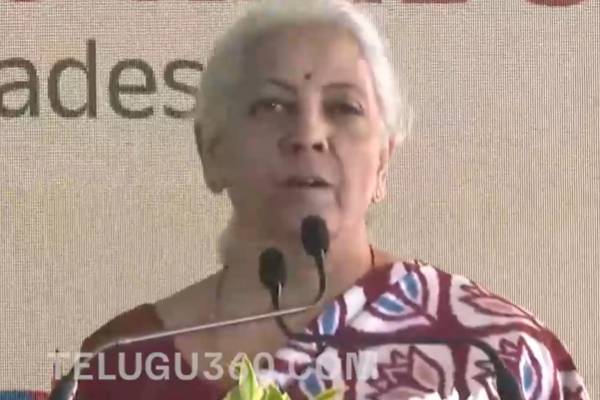Andhra Pradesh, the powerhouse of India’s shrimp and marine exports, is now staring at rough waters on multiple fronts. With the United States suddenly doubling its import tariff on Indian shrimp to 50%, the state’s thriving aquaculture economy, particularly prawn farming, finds itself in troubled tides. Competing nations like Ecuador, Indonesia, and Vietnam now enjoy a major cost advantage in the US market, paying significantly lower duties between 10% to 20%, making Indian shrimp far less attractive to global buyers.
This hike couldn’t have come at a worse time. The seeding season is underway, and with uncertainty looming, many farmers are reconsidering their operations altogether. With nearly ₹60,000 crore in seafood exports, of which the US accounts for 40%, industry estimates warn of a potential ₹24,000 crore loss in export opportunity.
On the ground, Andhra Pradesh shrimp farmers, long considered the backbone of India’s seafood sector, are already feeling the squeeze. One West Coast exporter noted that around 15% of annual sales are typically held in inventory. Now, with the tariff spike, that stock is at risk of turning into an unsellable surplus.
Beyond export issues, Andhra’s marine sector is battling other deep-sea troubles. According to the ICAR-CMFRI Annual Report 2024, the state recorded 1.75 lakh tonnes of marine fish landings, an 8% dip from 2023 and 19% drop compared to 2022. Coastal districts like Kakinada and Visakhapatnam still dominate the catch, but changing weather patterns and cyclonic disruptions like Cyclones Dana and Fengal have reduced fourth-quarter harvests significantly.
Encouragingly, certain species like Indian mackerel saw a revival with a 76% increase, the highest in a decade. But many other commercially valuable species, including sardines and croakers, show erratic patterns. The newly opened Juvvaladinne fishing harbour in Nellore offered some relief, contributing 3% to the state’s total landings.
With over 20 million livelihoods linked to the sector, stakeholders are calling for urgent policy intervention. Consultations have emphasised the need for better price support, export incentives, and resilience plans to shield the industry from trade shocks and climate volatility.
In Andhra Pradesh, the fear is no longer just about storms at sea—but about being left stranded in global trade waters.

































